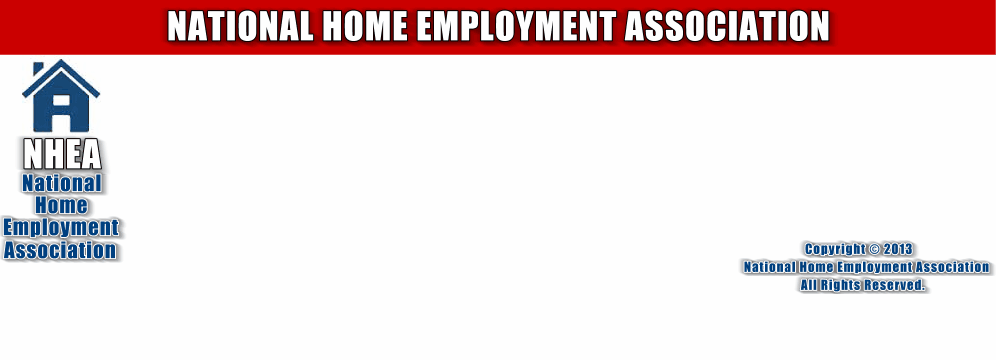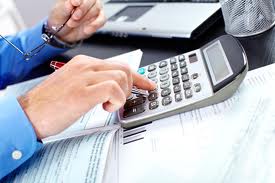

![]()
![]()










By: Jamie D. Former
 Whether
you keep your books on paper, through computer software, or hire an
accountant or bookkeeping expert, proper bookkeeping practices are important
to the operation and survival of any business. Without them, your business
is susceptible to not only cash flow issues, but potential legal problems as
well. To help business owners have a better understanding of smart
bookkeeping practices, we've compiled a quick guide on
Whether
you keep your books on paper, through computer software, or hire an
accountant or bookkeeping expert, proper bookkeeping practices are important
to the operation and survival of any business. Without them, your business
is susceptible to not only cash flow issues, but potential legal problems as
well. To help business owners have a better understanding of smart
bookkeeping practices, we've compiled a quick guide on
the basics.
Business bookkeeping serves two purposes - to enable the IRS to evaluate your operations, and to help manage your business. Your books make up one very important part of your overall business records and should include all transactions made by your business. As a standard practice, several pieces of information should always be kept in your books.
Revenues and Expenses
How much money is going out, where it's going, and what money is coming in are all questions that can be answered by recording the revenues and expenses of your business transactions. Records can be maintained through a journal, a popular method that details receipts and expenses, or a ledger, a method that records transactions as credits and debits.
Cash Expenditures
Important to record the cash your business spends so you'll have an accurate number of expenses each year. Writing reimbursable checks or keeping petty cash records are both valid methods of documenting cash expenditures.
Inventory
Maintain records of all inventory to prevent stealing and misplacing merchandise, keep inventory holdings to a minimum, and track business trends. Dates purchased, stock numbers, purchase prices, dates sold, and sale prices are all relevant information for inventory records.
Accounts Receivable and Payable
Always keep track of what customers owe you and what debts you owe others. It's prudent to record as much data as possible including invoice dates, numbers, amounts, terms, dates and amounts paid or due, balances, and client information.
Employees
Hiring even one employee invokes your responsibility to file and pay forms and payroll taxes. Employers are responsible for maintaining employee forms such as the W-4 (Withholding Allowance Certification) and the I-9 (Employment Eligibility Verification). You are responsible for maintaining records on withholding, employer matching, unemployment, and worker's compensation.
For more information check out the IRS page on Employment Tax Recordkeeping and the Department of Labor's Recordkeeping Guide.
It doesn't matter how you choose to keep your books as
long as you find the most efficient way to do it. If you decide to do it
yourself, it is a good idea to consult with an accountant or bookkeeping
expert to keep your business on track!